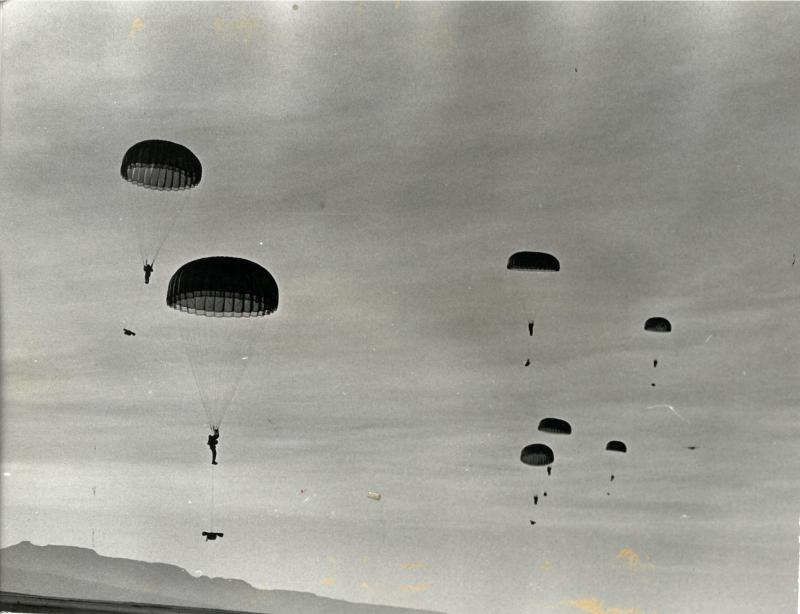
Even the best-laid plans can go awry. And when they do, the consequences can be disastrous. Even tragic. That is what happened on August 5, 1971, which turned out to be a dark day that almost cost Kenya one of her most gifted soldier and man of peace.
That day, 48 paratroopers hopped onto two planes to undertake what they thought was just routine training. For them to be enlisted as members of the 1st Parachute Company, they had undergone rigorous tests by jumping off balloons from a height of about 800 feet from a platform of wooden boxes.